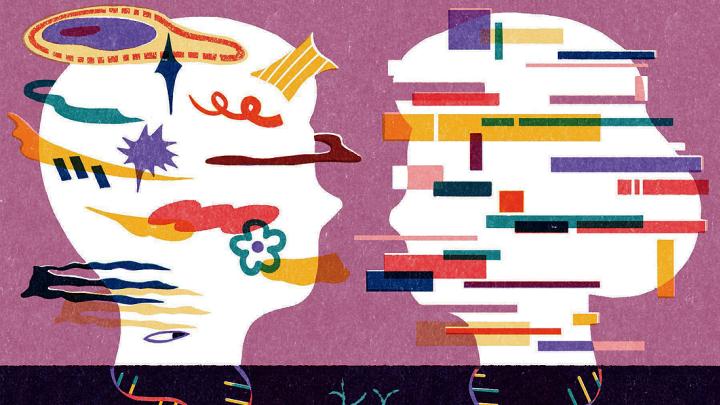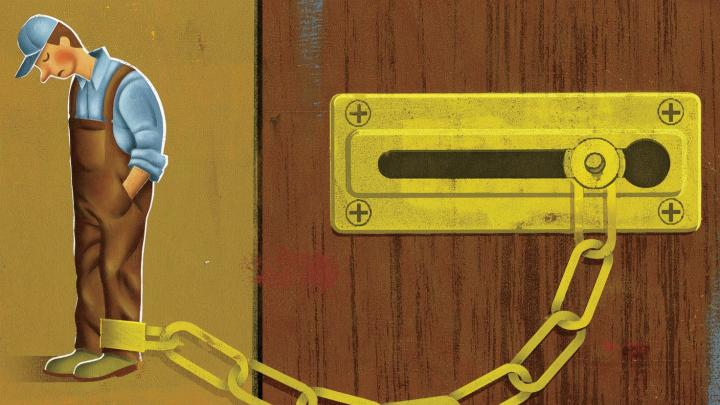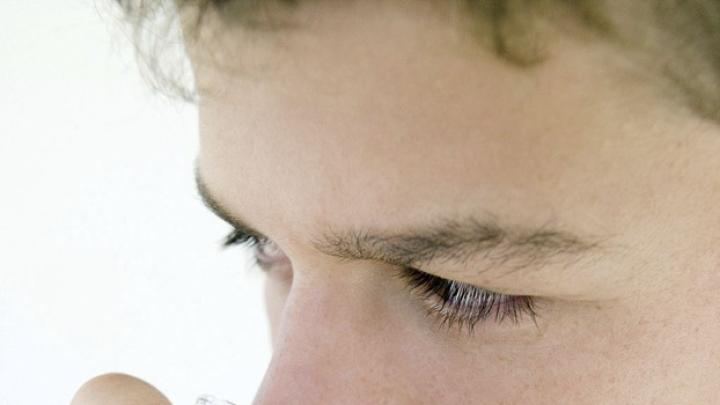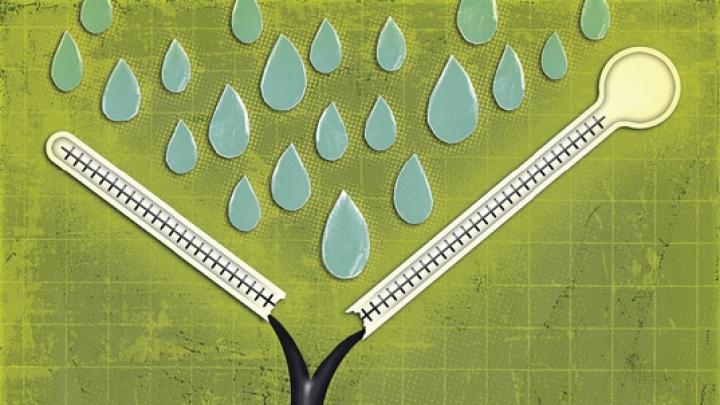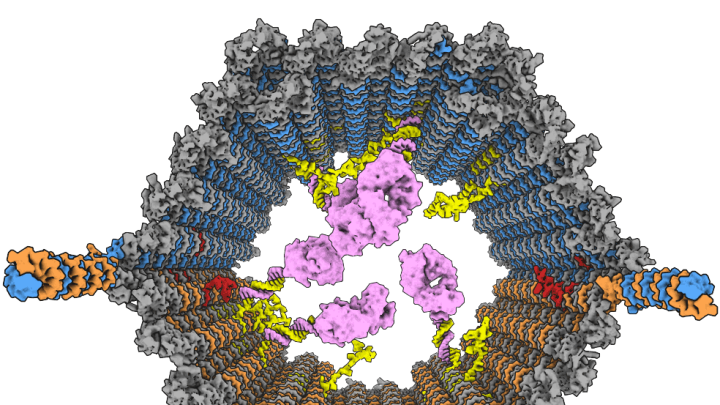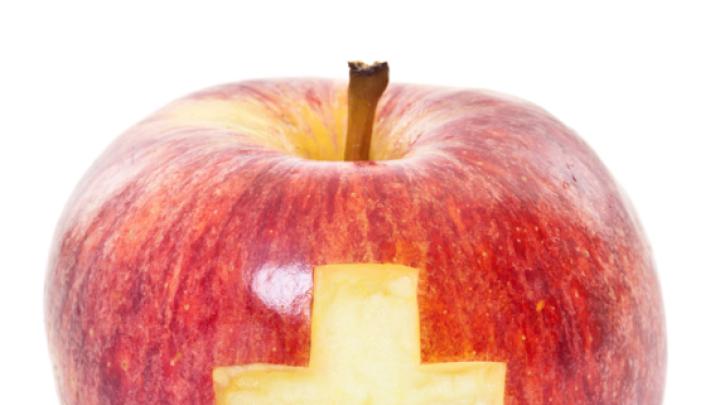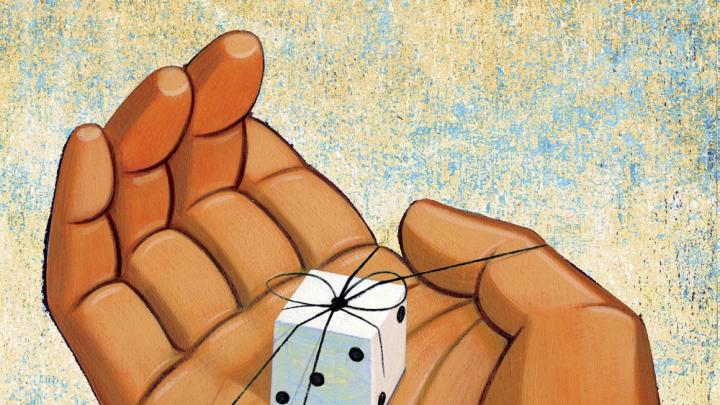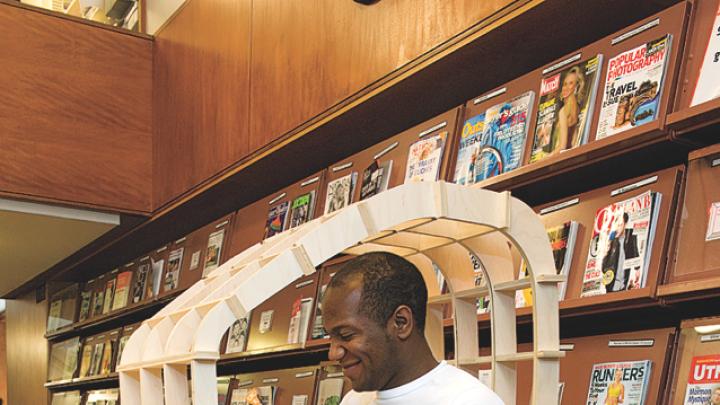Right Now
Immobile Labor
Land-use restrictions lead to growing income disparities between states, Kennedy School researchers find.
Soda and Violence
A Harvard School of Public Health study links soda to teen violence.
by Elizabeth Gudrais
An Arctic Mercury Meltdown
Arctic mercury pollution flows from rivers, not the atmosphere.
Mapping Cultural Change
The General Social Survey asks Americans about issues from race to free speech, confirming some trends and contradicting popular reports of others.
by Elizabeth Gudrais
Cancer-fighting Robots
Shawn Douglas of the Wyss Institute is developing drug-delivering machines that target designated cells.
Curbing Clots
Rutin, a substance found in apples, could help prevent heart attacks and stroke.
by Elizabeth Gudrais
Two Steps to Free Will
Robert O. Doyle proposes a two-stage, “Jamesian,” model of free will.
by Craig Lambert
Why Nations Fail
James Robinson says that in the modern period, greedy leaders and institutional corruption, rather than geography, explain why some nations fail.
The Library Test Kitchen
An innovative course yields new products, services, and experiences that model the possible future of libraries.
by Jonathan Shaw
When Having Babies Beats Marriage
Kathryn Edin of Harvard Kennedy School explains why more and more American children are born out of wedlock.
by Kevin Hartnett
